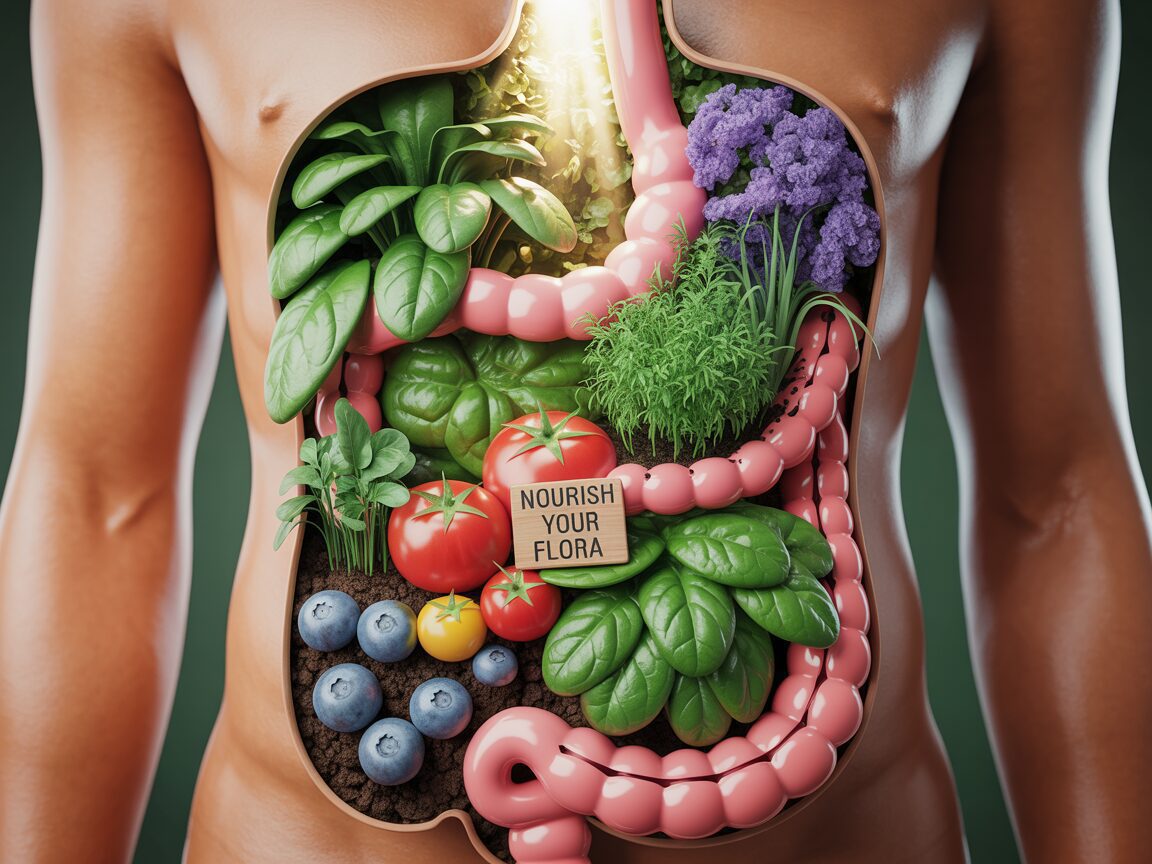Gut health restoration: Leaky Gut: What It Is & Why You Need to Know – Complete Guide
Understanding Leaky Gut and the Importance of Gut Health Restoration
Gut health restoration is a foundational aspect of healing many systemic health issues. Recently, I completed a certificate in Functional Medicine, and one key takeaway is that most systemic problems often trace back to gut dysfunction. The gut microbiome—a complex community of bacteria and metabolites—plays a vital role in maintaining health, but it requires the right balance of bacteria to function optimally.
Various factors such as antibiotic use, medications like acid reflux drugs, diet, and lifestyle can disrupt this balance, leading to inflammation and damage in the gut lining. It can take 6-9 months for the gut to regenerate healthy bacteria after antibiotics, underscoring the importance of gut health restoration.
The gut lining, with its intricate mucosa and microvilli, maximizes nutrient absorption. These structures are held together by “tight junctions” that maintain the barrier between the gut and bloodstream. Chronic inflammation caused by poor diet, stress, or toxins can damage these tight junctions, leading to what is known as “leaky gut.” This condition allows bacterial metabolites to enter the bloodstream, potentially causing autoimmune disorders, neurological symptoms like brain fog, and hormonal imbalances.
Strategies for Effective Gut Health Restoration
Combating leaky gut begins with gut health restoration through dietary and lifestyle changes. Instead of restrictive dieting, focus on nourishing your body with clean, organic foods while reducing sugar and gluten intake. Identifying food sensitivities through blood analysis can help tailor your diet to avoid triggers.
Supporting your gut microbiome with reliable probiotics is crucial for gut health restoration. Minimizing unnecessary antibiotic and acid reflux medication use also helps preserve gut integrity. Additionally, reducing toxic load, including emotional stress, plays a significant role in healing.
If you have systemic symptoms that remain unexplained, gut health restoration might be the key to recovery. Consulting with healthcare providers who specialize in gut health can provide diagnostics and personalized plans to support your healing journey.
Deepening Your Gut Health Restoration Journey
Gut health restoration is a multifaceted process that requires a holistic approach, addressing diet, lifestyle, and sometimes targeted supplementation. The gut microbiome—the community of trillions of microorganisms residing in your digestive tract—is central to this process. Maintaining a balanced microbiome supports digestion, immunity, and even mental health. When this balance is disrupted, a condition known as dysbiosis can occur, contributing to symptoms like bloating, fatigue, skin issues, and mood disturbances.
One of the first steps in gut health restoration is identifying and removing gut disruptors. These include processed foods, excessive sugar, artificial additives, and overuse of antibiotics or acid reflux medications. Chronic stress also plays a significant role by elevating cortisol levels, which can negatively impact gut barrier function and microbiome diversity.
Repairing the gut lining is equally important in restoring gut health. Nutrients such as L-glutamine, collagen, zinc, and omega-3 fatty acids support the integrity of the intestinal wall and help heal the damaged tight junctions that cause leaky gut. Incorporating anti-inflammatory foods like turmeric, ginger, and fatty fish can further reduce gut inflammation.
 Repopulating the gut with beneficial bacteria is a cornerstone of gut health restoration. Fermented foods like yogurt, kefir, sauerkraut, and kimchi are natural sources of probiotics that help restore microbial diversity. For some, a high-quality probiotic supplement containing diverse strains of Lactobacillus and Bifidobacterium can provide additional support.
Repopulating the gut with beneficial bacteria is a cornerstone of gut health restoration. Fermented foods like yogurt, kefir, sauerkraut, and kimchi are natural sources of probiotics that help restore microbial diversity. For some, a high-quality probiotic supplement containing diverse strains of Lactobacillus and Bifidobacterium can provide additional support.
Feeding these good bacteria with prebiotic-rich foods is also essential. Prebiotics are non-digestible fibers found in garlic, onions, asparagus, bananas, and whole grains that nourish and promote the growth of beneficial microbes.
Hydration should not be overlooked; drinking plenty of water and herbal teas like peppermint or ginger supports digestion and gut function. Additionally, managing stress through mindfulness practices such as meditation, yoga, or deep breathing exercises can help restore the gut-brain axis and improve overall gut health.
Finally, adequate sleep is critical for gut health restoration. Sleep deprivation disrupts the balance of gut bacteria and impairs the immune system, making it harder for the gut to heal.
By committing to these strategies, gut health restoration becomes achievable, reducing symptoms of leaky gut and improving systemic health. If you suspect your gut health is compromised, consulting with a healthcare provider who specializes in gut health can provide personalized diagnostics and treatment plans to support your healing journey.

